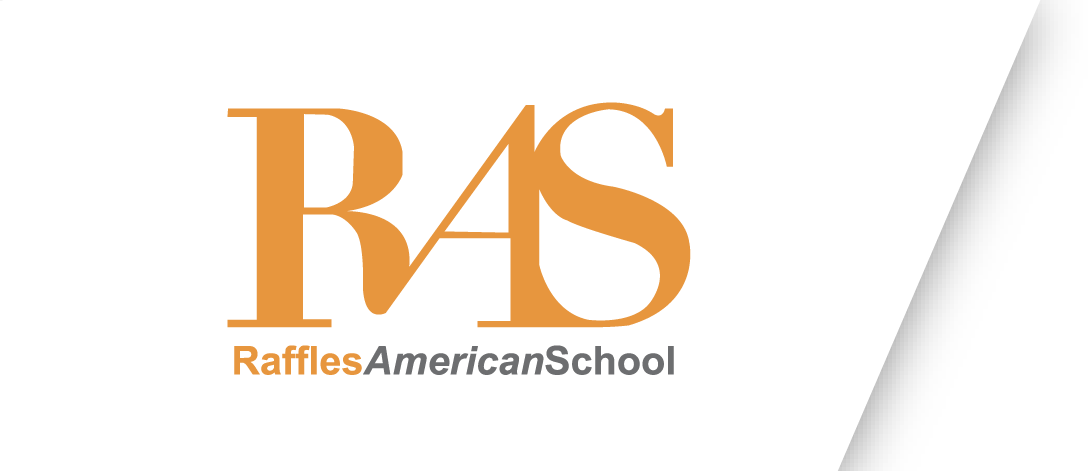EARLY CHILDHOOD
Early Childhood program at Raffles American School is meticulously crafted to foster both cognitive and social development while acclimating students to the routines and expectations of a classroom environment. By recognizing the importance of these formative years, our program focuses on holistic growth, ensuring that each child’s physical, emotional, social, and intellectual needs are met.

A Nurturing Environment
At Raffles American School, we provide a supportive environment where students feel safe to explore, grow, and achieve their full potential. Through individualized attention and a focus on academic, social, and emotional growth, we empower every child to thrive and succeed.
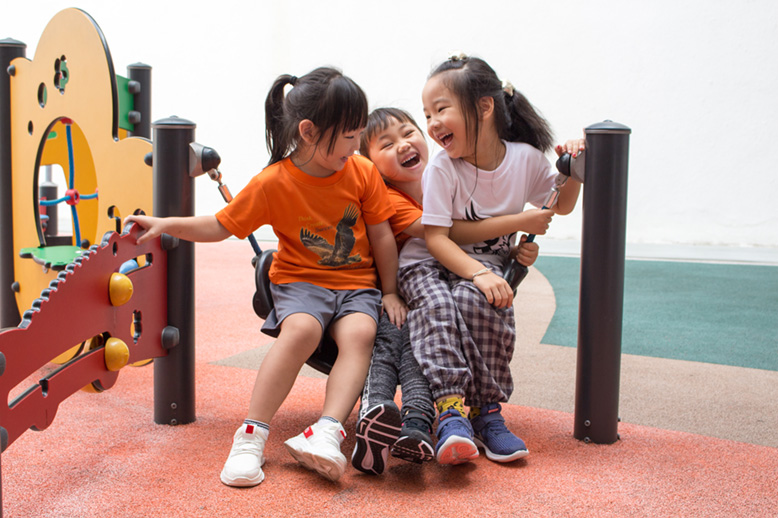
Learning Through Discovery and Play
We emphasize discovery and play as essential pathways to learning. Through hands-on exploration and creative experiences, students develop curiosity, critical thinking, and a lifelong love of learning.
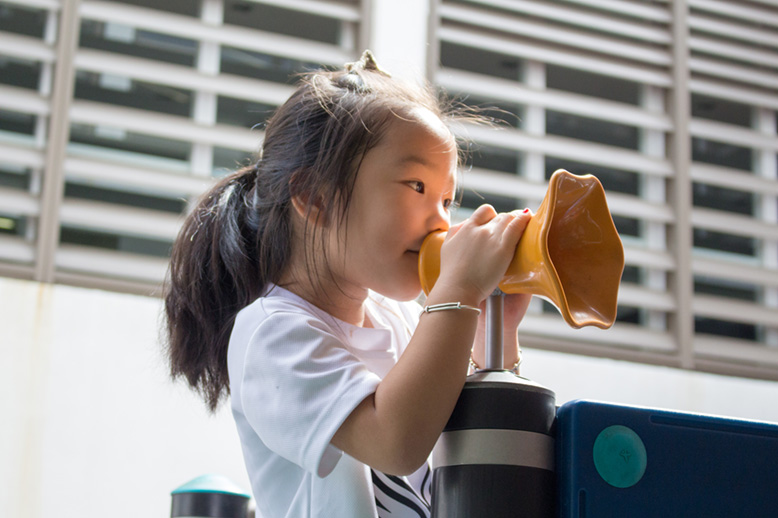
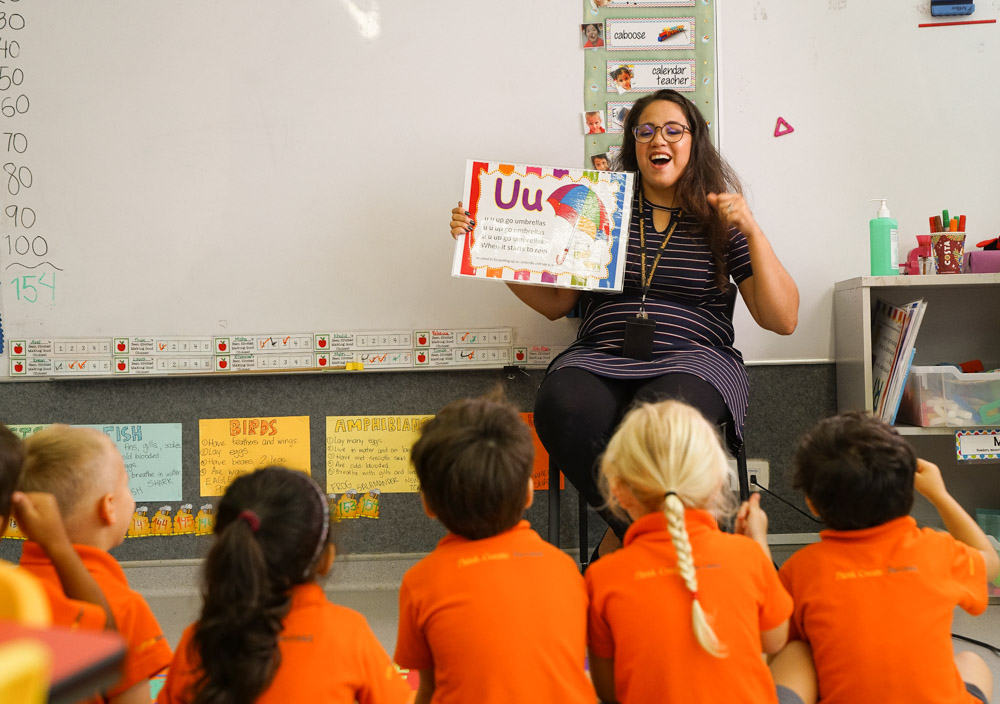
Foundational Literacy and Numeracy
We build strong foundations in literacy and numeracy through engaging, hands-on learning experiences. By fostering critical thinking and problem-solving skills, we ensure students develop the confidence and abilities needed for future academic success.
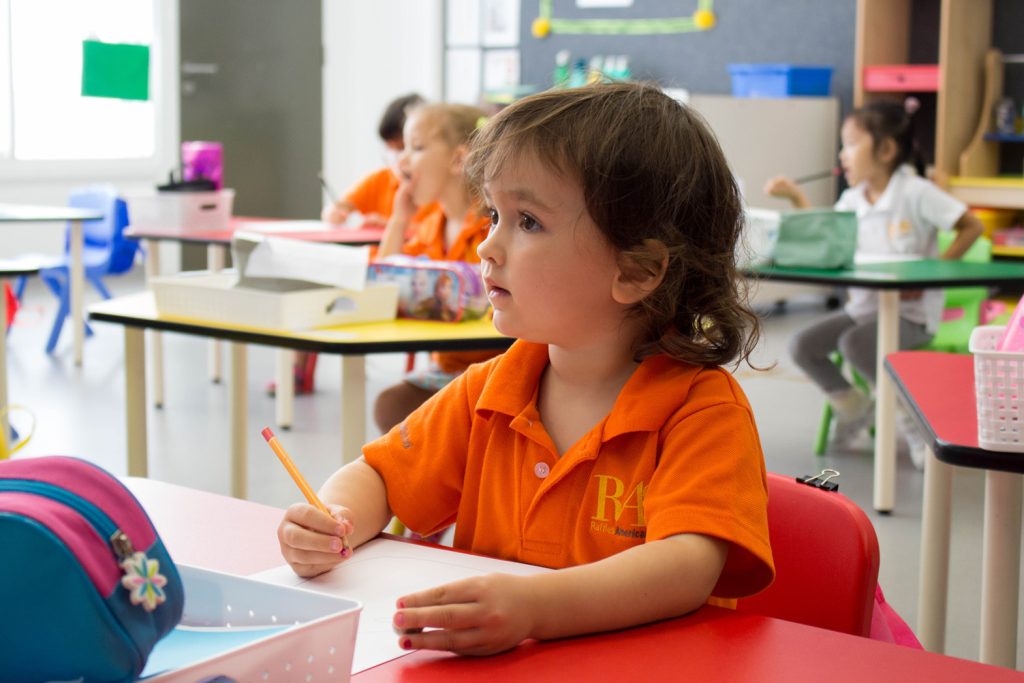
Smooth Transition to Elementary School
We ensure a smooth transition to elementary school by building strong academic, social, and emotional foundations. Our supportive environment helps students confidently embrace new challenges and thrive in their learning journey.
Foundational Literacy and Numeracy
We build strong foundations in literacy and numeracy through engaging, hands-on learning experiences. By fostering critical thinking and problem-solving skills, we ensure students develop the confidence and abilities needed for future academic success.

Smooth Transition to Elementary School
We ensure a smooth transition to elementary school by building strong academic, social, and emotional foundations. Our supportive environment helps students confidently embrace new challenges and thrive in their learning journey.

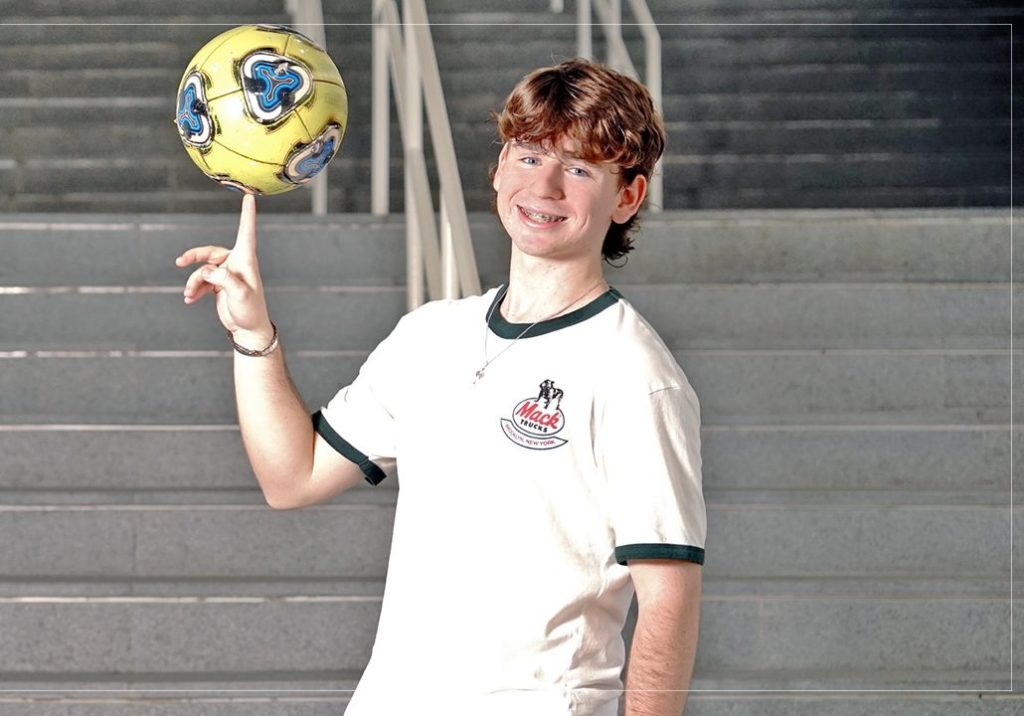
“Hello, my name is Rory, a 2024 graduate from Raffles American School, Malaysia. I joined RAS in 2015 and have loved watching it grow. Our campus, with its incredible facilities like gymnasiums, swimming pools, football pitches, and a planetarium, has been central to my passion for sports and extracurriculars. From triathlons to football tournaments and productions in the auditorium, RAS has given me countless opportunities to learn, grow, and thrive.”
